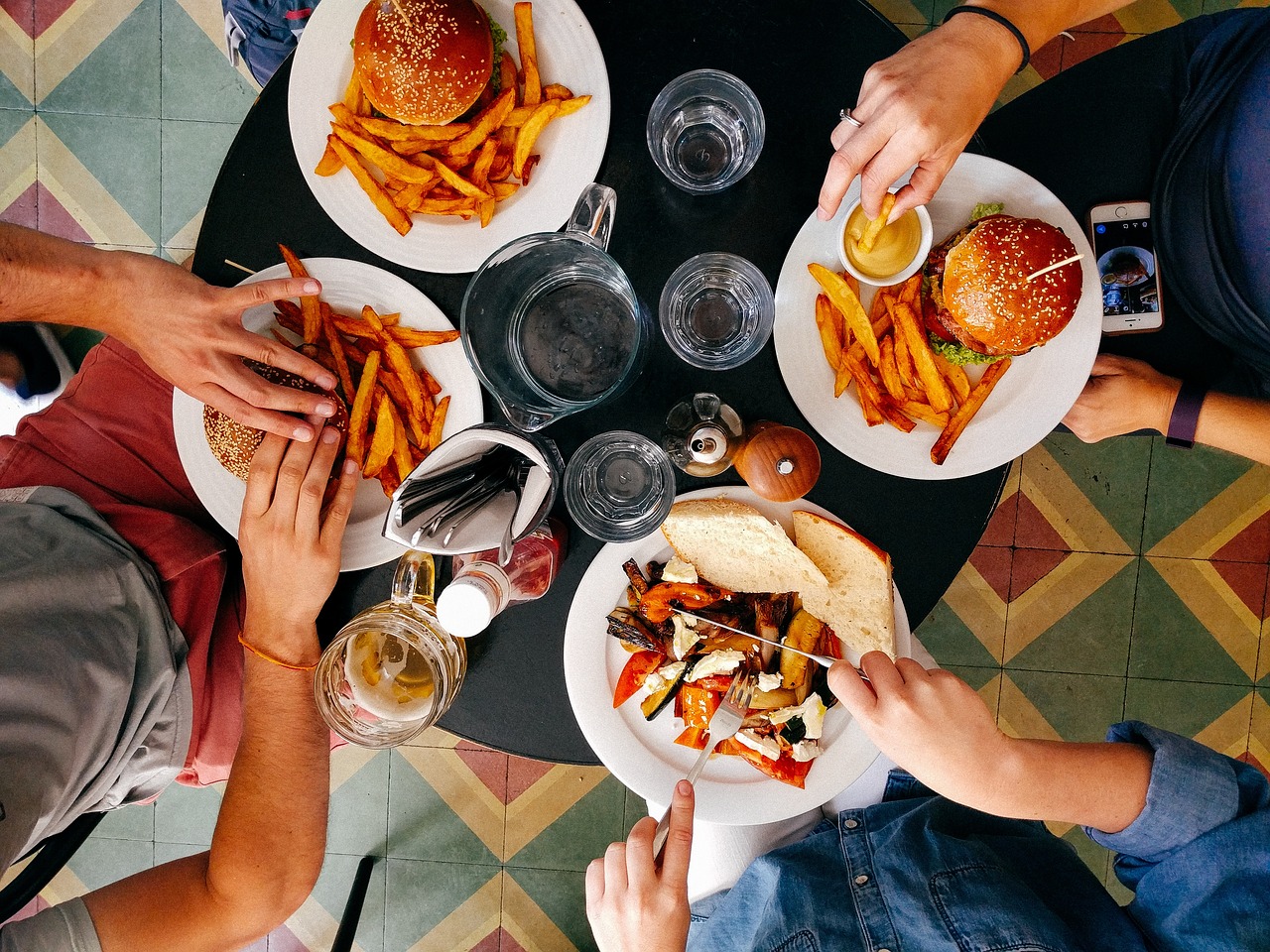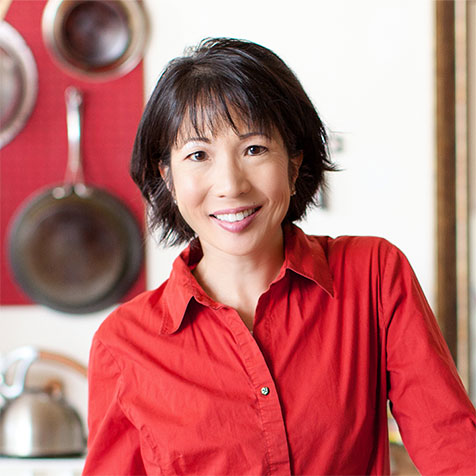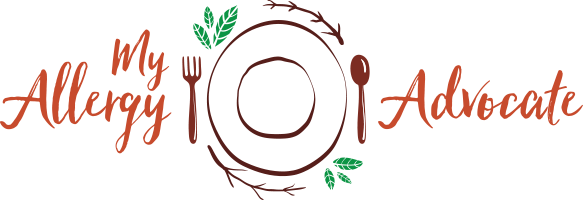
What’s going on in the gluten-free community these days? Photo by Pixabay, free image no attribution required.
Just as the POTUS is about to deliver his State of the Union address, this is a good time to talk about how things are going in the gluten-free world.
As I enter my fourth official year of going gluten-free in order to heal my guts from the damage of Celiac Disease (diagnosed April 2014, gluten free since August 2013 when I became suspicious I had Celiac Disease but was misdiagnosed), I am excited about life as a person with Celiac Disease. You can heal, You can eat. You can go on adventures.
And, I am also generally annoyed and occasionally infuriated.
After over two years of microblogging and participating in online forums and Social Media groups around the topic of Celiac Disease, there are three main camps I have encountered:
Read on more about what’s going right and oh so wrong…
Camp 1: Knowledgeable Experts and Bloggers – these people have done their homework, worked with the research on CD, talked to other experts in the field, may have credentials in the health professions that align with solid research and practice, and they take the time to learn about Celiac disease, non-Celiac Gluten Sensitivity, wheat allergies, and provide appropriate advocacy and support.
Camp 2: Food Brands Worthy of Our Trust – similar to Camp 1, these people have done their homework, are often motivated by the experiences of a family member who must eat gluten-free foods, and do the right thing with testing, labeling, marketing, and supplying nutritious and safe options for people with Celiac Disease. Some of them shoot above and beyond what is required of them. Their brands are usually free of the Top 8 allergens, and they often go the extra mile to leave out cheap fillers, excess sugars, and unnecessary chemicals. They want their customers to not only trust their brands, but have a healthy and happy experience with their food.
Camp 3: Everybody else –– these include some well-known bloggers, newbie bloggers and recently diagnosed people with Celiac Disease, food producers who wish to cash in on the multi-billion dollar gluten free “fad diet” market, and even some nutritional coaches, who upon questioning their knowledge base, disclose that they do not know much more about the Celiac Disease management than the advice to avoid gluten or take a “gluten blocker” (note: gluten-blocking supplements are bad advice, and I do not support this). Yeah, right. And these people want me to hire them as a coach? Hell to the NO.
There are even those in the medical professions who treat Celiac Disease as a somatic stress response. You won’t hear them go on record that they feel this way; you’ll just encounter it in your healthcare setting.
Can you guess which camp I want to be known for? Better yet, can you guess which camp I don’t want to be associated with? And why does any of this matter?
Here’s a quick summary of what I observe is going right and what is going wrong in the gluten-free eating world.
What Is Right Within the Gluten-Free World
- Making accommodation for students who need gluten-free food in their college campus.
- Advocacy by knowledgeable bloggers and citizen journalists to help raise awareness about eating gluten-free
- Friends and allies, who pitch in by correcting the practices of their local restaurants and businesses when they see something that needs correction
- Doctors and researchers, such as Dr. Fasano (Center for Celiac Research and Treatment) who have dedicated their careers to research to improve the lives of those with Celiac Disease and NCGS
- Food Allergy allies who have embraced people with Celiac Disease and NCGS, even though CD is not a true food allergy, and offered their resources from the perspective of allergic living
- Food brands and companies who have listened to the gluten-free community and produced low-process, low sugar, Top Eight allergen free gluten free foods of high quality. A perfect example: Liberated Foods of Seattle, Washington
- Bloggers and recipe developers who have created cookbooks, videos, podcasts, and supportive community to help gluten-free people find real hope, tasty and healthy food, and above all, SAFETY both physically and psychologically
What is Wrong Within the Gluten-Free World
- Bullying in the workplace, school, and even in the home among family members who do not treat Celiac Disease and the avoidance of gluten as a serious thing
- Media and marketers making fun of people who need gluten-free food to survive, with primarily negative portrayals, such as gluten-free eating people as “gross” (Party City), or “soft” (Nascar, 2014 Superbowl commercial). Just imagine all those kids out there who have to eat gluten-free food just to stay out of the hospital, being on the receiving end of the pathetic commercials.
- Big name food companies creating gluten-free foods that are either not truly Celiac-safe yet market themselves to the gluten-free world, or direct their marketing to the Celiac Disease and gluten-free community and do not care if their food is particularly safe nor healthy. For a more thorough discussion of examples, I refer you to GlutenDude.com. He’ll have your eyes rolling about Omission Beer.4.
- Big name food companies that make gluten-free, Celiac-safe foods, but are of poor value to the gluten-free community. We do not need a bread full of holes. We do not need another convenience bar that is nothing more than a glorified piece of candy. They do nothing for you except get you groomed and hooked on their phood product for their profit and your loss with all that added sugar, emulsifiers, and usually a lot of cheap corn (and don’t get me started about corn!).
and the most controversial, but I’m calling it out…
5. Bloggers who seek and accept sponsorships, free product, and monies for promoting gluten-free foods that were made by #3 and #4. Because many people look up to these citizen journalists and bloggers for promoting safe gluten-free foods, — and maybe someday, I will be among one of those whom others know and respect! — they bear a high responsibility to the public. This isn’t just about photographing a food product and making it look attractive so that an advertiser can pay the blogger for individual posts. This is about the health and well-being of potentially hundreds and thousands of people who come by their Instagram, Facebook, Twitter, and website feeds, looking for recommendations on safe, healthy, and nutritious gluten-free food and a gluten-free lifestyle that accompanies that food.
Generally, I am not opposed to bloggers being paid for what they can do with their influence; in fact, I support that this may be a good source of income for their tireless work. However, gluten-free food bloggers do bear responsibility for promoting food products that are less than safe, or have failed the gluten-free community in a multitude of other ways. And if they trade promotion and reviews for money, it can be a conflict of interest.
Confession: recently, I received one of my first requests for a review of a gluten-free product, and I was rather excited. After looking at the ingredients, however, I could see it wasn’t in my best interest, nor this community, to accept this request,. So I wrote a kind email in reply, and allowed the company to withdraw their request. Boom.
And I know that while it’s the right thing for me to do, it could lead to the end this blog. Lots of no, and the sound of crickets.
The best discussion I have seen on this subject has been hosted by Gluten Dude, and I reached out to him to gain his specific permission to refer to his writing on the subject, because he’s been around a lot longer than I have (diagnosed many years ago), and he has done an excellent job in outlining why these promotional habits of others hurt the greater gluten-free community. Check out the discussion here Why Celiac’s Sell Out. [Thanks, Gluten Dude, you’re awesome].
Even with of the “wrong” listed, I am still very passionate about the message I have here: making food fun again for people with Food Allergies and Intolerances, Autoimmune Disease, and Chronic Illness. Nothing has changed for me. I will still keep promoting the eating of real, natural gluten-free and allergen free food, encourage people to prepare and cook their own food over a lifestyle of convenience food eating and restaurant dependence, and tell people to strengthen their bodies and minds through stress reduction, exercise, and taking on meaningful adventures.
Even if there are things that are not right in the gluten-free community, you and I can learn from it, make our own choices, and keep promoting better health and happiness from what we do know. We can also withhold our dollars from inferior food products, and give generously when we see a food producer knock it out of the park with the kind of things we like seeing and need in our community.
You can make a difference. You can make food fun again, first for yourself, and then for others around you.
If you haven’t done so already, I encourage you to follow me on Instagram MyAllergyAdvocate where I post examples of the food allergic, autoimmune disease, and chronic illness lifestyle to help keep you inspired and informed. Plus cats and lots of running.
Next up: the website is coming, the website is coming (due to launch January 31, 2018 (and we’ll be testing for glitches, so please be kind!).




